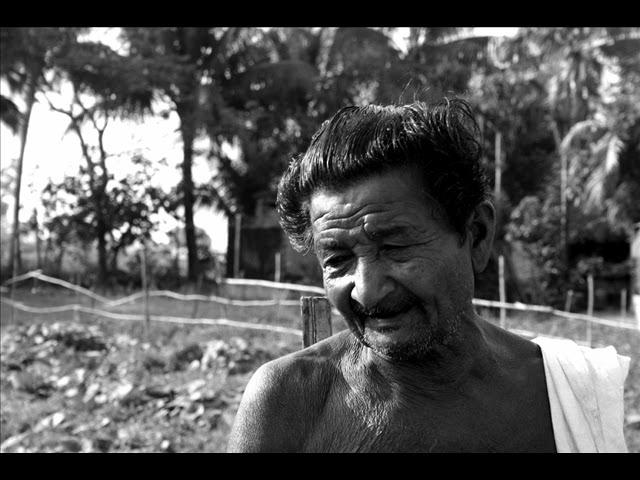The Citizens' Initiative
We at The Citizens’ Initiative are trying to organize a continuing open discussion on the paradigms of development and the relationship, in this context, between politics and ethics. These issues, we feel, are extremely important given the kind of state-sponsored violence that people are facing all over
The group of students, researchers, and teachers that is the CI started out in February 2007 to debate and question the cost of development and the growing schism between ethics and contemporary political culture. Questions have also begun to arise on the naive equation of the 'partisan' with the 'political', and the brushing aside of any non-partisan civil political action as not just irrelevant, but, as in some circles it is fashionable to say, 'anti-political'. The role of the civil society in a democracy is a subject of critical re-examination now, and it is the disregard for non-partisan opinion and the consequences of it that have led us to discuss and take more concrete action.
We launched this initiative with a one-day seminar on
Our next event on 5 April 2008 was a workshop on the legal possibilities of the common citizen’s redress of wrongs. Mr Sabir Ahamed of the Calcutta Samaritans spoke on the Right to Information and Mr Sujato Bhadra of Association for Protection of Democratic Rights spoke on Public Interest Litigations.
We have been visiting Singur since February 2008. A full report of our findings can be found here. In the last few months, we have carried relief – in the form of clothes, rice and pulses – to Dobandi in Singur (in March 2008), and organized medical camps there (on
In July 2008, we succeeded in taking a slideshow of our photographs to Singur. Our aim, well-fulfilled, was to enable the people of Singur to see how they were being represented by us.
In September 2008, we managed to take the Photo Exhibition to Delhi (where it was hosted by the Women's Studies Programme at JNU) and we organised a panel discussion on development where the speakers were Tanika Sarkar, Amar Kanwar and Praful Bidwai. Meanwhile, we also spoke about development and our experiences in Singur and Nandigram at Lady Shriram College for Women, WSP at JNU, IIT-Delhi, Miranda House, St. Stephen's College and IIT-Kanpur.
In February 2009, we screened Satyajit Ray's Hirak Rajar Deshe outside the club-house in Dobandi, Singur.
In March 2009, we were able to set-up a children's library in Dobandi. For the inauguration, we had a sit-and-draw event for the children.
In April 2009, we were invited by The Media Lab at Jadavpur University to organise a workshop and demonstrate how we use the internet to sensitise people. The campaign which was developed in this workshop was on anti-ragging.
In our present plans, we wish to visit schools in and around Kolkata and sensitize students about development in
We should stress that we have not been to Singur as unaffected photographers who are there to snatch images and leave. We wish to be able to propose/introduce alternative means of livelihood for people who have for generations been based in agriculture. Unhappily, the government’s promises that alternative training and employment shall be the norm rather than the exception among all peoples displaced from land and/or livelihood, have been resoundingly empty. In even our limited ways, we are trying to organise in Singur schemes for certain alternative means of livelihood like organic dyeing and hand emroidery and help some of the women involved in such projects to form a self-help group and market their products themselves by eliminating the role of intermediaries thereby maximising their profits.
Our other blog, at http://www.development-dialogues.blogspot.com/ serves as an archive for articles and newspaper reports on issues of development in
We can be contacted at citizensinitiativecalATTHERATEOFSIGNgmail.com.

3 comments:
Vedanta Mining Violates Rights of Indigenous People in Orissa. Take action NOW. If you are in India pick up your mobile phone and send SMS AMNESTY STOPVEDANTA to 56677.
Hii Trina
me and some of my frnds have started an E-magazine called Reader's Quotient, it is totally for a noble cause, i came across ur blog in my quest to search talented writers for the e-zine and felt worth to inquire if u shall be interested to come along with us
In case yes pls contact us on sangeeta.readersquotient.com
waiting for ur revert
regds sangeeta
www.readersquotient.com
http://debate.fm/100001437203010/is-political-rally-in-middle-of-the-road-acceptable-during-week-days
Post a Comment